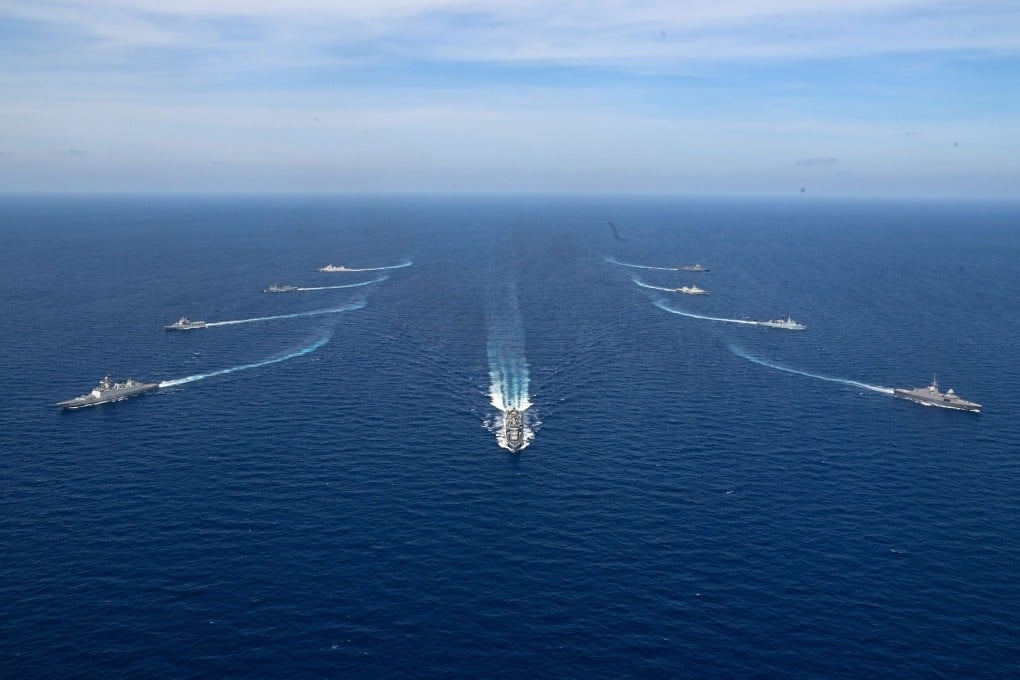Advertisement
Opinion | Amid Red Sea clashes, India and Asean must work to secure the Indian Ocean
- Indian Ocean stability and security are vital for Southeast Asia, to defend against pirates and secure oil cargo and trade. Amid US-China rivalry, India is Asean’s natural security partner
Reading Time:3 minutes
Why you can trust SCMP
3

Amid deepening trust, India and the Association of Southeast Asian Nations elevated ties to a comprehensive strategic partnership in 2022. This came as India’s desire to be a more prominent security partner in the Indo-Pacific intersected with Asean’s motivation to work with alternative sources of security amid the polarising geopolitical dynamics in the Pacific.
Since then, several important developments have occurred, including the first docking of an Indian submarine in Indonesia in February last year and the inauguration of the Asean-India maritime exercise in May.
Notably, most of the security-driven collaborations have centred in the Western Pacific. This is due to Southeast Asia’s immediate concerns about the security conditions in the South China Sea and the unfolding US-China strategic competition.
Similarly, India recognises the need to bolster its geopolitical position in the Western Pacific. Thus, while the Indo-Pacific concept integrates the Indian and Pacific oceans into one strategic region, dominant discourses of the region remained primarily centred on the latter.
The clashes in the Red Sea, however, have triggered a renewed focus on Indian Ocean geopolitics. A reorientation of India’s engagement with Asean members and vice versa should be prioritised, with a renewed focus on the Indian Ocean.
The stability and security of the Indian Ocean region are undeniably important to Southeast Asia. The ocean covers 80 per cent of the global maritime oil trade. Developing countries in the Pacific depend on crude oil imports from the Middle East that transit through the Indian Ocean.
Advertisement

